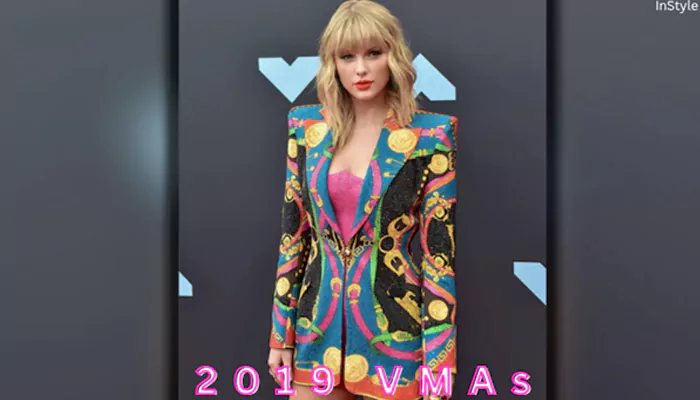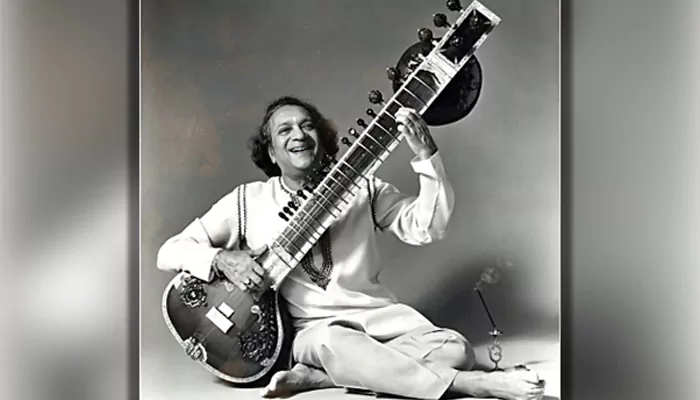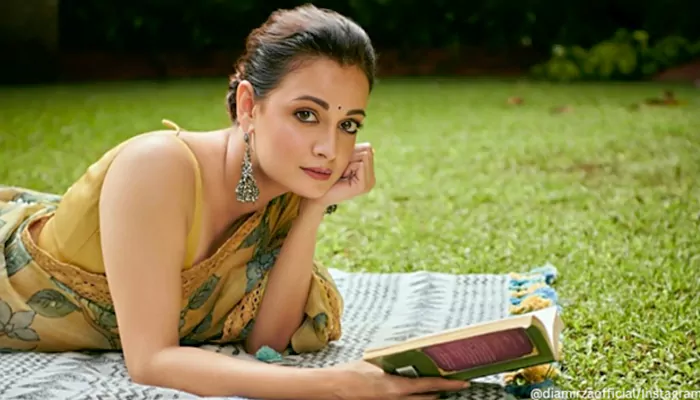The Impact of Afrobeats on Global Music Trends: A Global Phenomenon
- Gurpreet
- 1 year ago
- 4 minutes read

Afrobeats, a genre deeply rooted in African rhythms and sounds, has rapidly become a dominant force in global music over the past decade. Originating from Nigeria and Ghana, Afrobeats blends traditional African music with elements of jazz, funk, highlife, and contemporary genres like hip-hop and dancehall. Its infectious rhythms, vibrant beats, and compelling melodies have transcended borders, and has over the years, influenced global music trends and reshaped the international music scene.
The Rise of Afrobeats
The global rise of Afrobeats can be traced back to the late 2000s and early 2010s, when Nigerian and Ghanaian artists began gaining international recognition. Artists like D’banj, with his 2012 hit Oliver Twist, and P-Square were among the first to break into the global market. However, it was the explosion of artists like Wizkid, Davido, and Burna Boy that truly catapulted Afrobeats into the global mainstream.
Wizkid's collaboration with Drake on the 2016 hit One Dance was a watershed moment for Afrobeats, bringing the genre to a global audience. The song topped charts worldwide, making Wizkid a household name and paving the way for other Afrobeats artists. This success highlighted the genre's potential and opened doors for other collaborations between African artists and global superstars.
Burna Boy, often referred to as the African Giant, has further solidified Afrobeats' global influence. His Grammy Award-winning album Twice as Tall (2020) and international hits like Ye have earned him widespread acclaim, making him one of the most influential artists in the world today. Burna Boy's success has been instrumental in showing that Afrobeats is not just a passing trend but a genre with staying power and universal appeal.
Afrobeats' Influence on Other Genres
One of the most significant impacts of Afrobeats on global music trends is its ability to seamlessly blend with other genres. Artists from diverse musical backgrounds have incorporated Afrobeats' distinctive rhythms and sounds into their work, leading to the creation of new subgenres and cross-genre collaborations.
In the United States, for instance, hip-hop and R&B artists have increasingly embraced Afrobeats, incorporating its rhythms into their music. Beyoncé's 2019 album The Lion King: The Gift, which featured African artists like Burna Boy, Wizkid, and Tiwa Savage, is a prime example of how Afrobeats has influenced mainstream Western music. The album's success showcased Afrobeats' global reach and highlighted the potential for cross-cultural musical collaborations.
Similarly, in the UK, the genre has had a profound influence on the local music scene, contributing to the rise of Afro Swing, a fusion of Afrobeats, dancehall, and grime. Artists like J Hus and Kojo Funds have been at the forefront of this movement, creating a new sound that resonates with audiences in the UK and beyond.
Afrobeats has also made its mark on the global pop scene. The genre's rhythmic complexity and infectious grooves have been adopted by pop artists seeking to add a fresh and exotic flavour to their music.
Cultural Impact a
Beyond its musical influence, Afrobeats has played a crucial role in shaping cultural perceptions and increasing representation of African culture on the global stage. The genre's rise has brought African fashion, dance, and language into the spotlight, challenging stereotypes and offering a more authentic portrayal of contemporary African life. Dance moves like the Shaku Shaku and Zanku have become viral sensations, adopted by fans and artists worldwide.
The impact of Afrobeats on global music trends is undeniable. From influencing mainstream pop and hip-hop to fostering cultural exchange and representation, Afrobeats has reshaped the global music landscape. As the genre continues to evolve and gain new audiences, its influence is likely to grow even further, solidifying Afrobeats as a permanent fixture in the global music industry.












